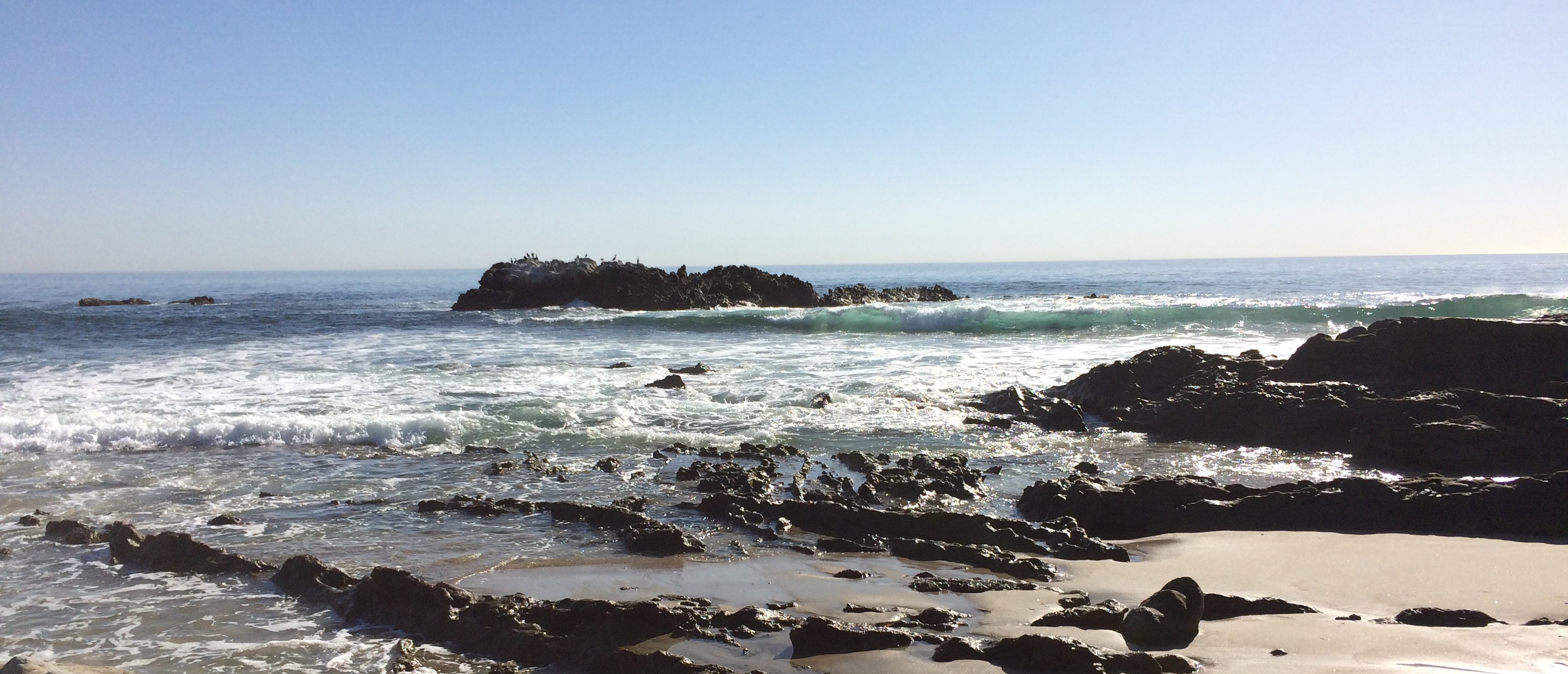The UN Climate Summit known as COP26, which took place in Glasgow, Scotland, this month, was notable for the older, white men who dominated the official sessions and the much more diverse and younger crowds demonstrating outside. Less visible were representatives of religious groups from around the world, although many were there and some had attended a pre-COP26 gathering hosted by Pope Francis at the Vatican.
In the fifteen years I have taught a course in Religion and Ecology, religious environmentalism has grown significantly, yet when I ask the students on day one how many of them are aware of this movement, seldom does anyone raise a hand.
Climate change is an issue that poses an existential threat to all life on earth, so we might wonder why religious people are not more concerned. A 2018 survey found that fewer than 50% of Christians see climate change as a serious problem, including only 32% of white evangelical Protestants, compared with two-thirds of non-religious Americans. Even more significant are 2019 findings that just over half of Protestant pastors believe that climate change is real and human-made, up from 43% in 2012.
Because Christians who see climate change as a significant problem are few and far between, they often find each other and form partnerships, making religious environmentalism highly collaborative. One of the first umbrella groups was the National Council of Churches Creation Justice Ministries, which dates to 1983. Other groups formed following the 1992 Climate Summit in Rio de Janeiro, including the Evangelical Environmental Network. There are now dozens of national and international ecumenical Christian groups, and Christians take the lead in interfaith organizations as well.1
Many denominations have environmental programs, including the United Methodist Church. Global Ministries offers training for EarthKeepers to organize ecological ministries in their communities, and both the Board of Church and Society and United Methodist Women provide resources on environmental justice. Caretakers of God’s Creation is an independent grassroots group of United Methodists.
Despite these ecumenical and denominational resources, few congregations have active or sustained programs to address environmental issues, due in part to the dearth of clergy support. Christian environmentalists are generally motivated by respect for God’s creation and/or the injustice that those who contributed least to the problem suffer the most damage from rising sea levels, severe storms, droughts, and floods. The effects of climate change are out of sight for many white Christians in North America, and the increased frequency of wildfires in the west and severe hurricanes in the east has not inspired more people to action.
Climate change has always been a political issue, and the current polarization in this country will likely prevent broad support for the systemic changes necessary to stem the impact of climate change. As I wrote in a previous post, political polarization reflects opposing responses to social transformation, as people either embrace or resist change, which includes rethinking an economy based on unlimited growth and a lifestyle powered by burning fossil fuels.
Many Americans resist such changes, seeing them as restrictions on their independence and even as attacks on the “American way of life.” Protestant Christianity’s long association with democratic American values is evident in the high percentage of white evangelical Christians who are conservative Republicans and who are not concerned about climate change.
By contrast, indigenous cultures and Eastern religions such as Buddhism have a stronger sense of the interdependence of all people, and of all living things. Recognizing that the good of one affects the good of all motivates care for the natural world and vulnerable human populations.
Such values are also found in the Hebrew and Christian scriptures, as the prophets repeatedly called attention to the widow, the orphan, and the stranger, the trio who represent marginalized populations in ancient Israel. Jesus taught that love of neighbor must accompany love of God, and that “neighbor” includes those beyond our own circle. By describing how a Samaritan, the hated enemy of Jews, was the only passerby to aid an injured man, Jesus forced his Jewish audience to see anyone who needs help as a neighbor.
Our modern neighbors include climate refugees and communities of color who live near coal-fired power plants and toxic waste sites, as well as many endangered non-human species. To continue in a way of life that keeps us comfortable and threatens the wellbeing – indeed, the very life – of others conflicts with the consistent biblical message of care for the marginalized.
The COVID-19 pandemic required individual actions to help contain a virus that has killed more than 5 million people worldwide. Sadly, we are failing this test miserably, which does not bode well for the much greater challenges presented by climate change. We can hope for a religious awakening to our joint responsibility to care for our neighbors, both those in our own communities, and those who live in the wake of severe storms and other climate catastrophes yet to come.

- The Yale Forum on Religion and Ecology lists resources, including organizations doing engaged projects in various world religions. There is now a second generation of such groups, including Young Evangelicals for Climate Action. Whereas the older organizations focus largely on advocacy, education, and resources for congregational life, many newer groups engage in demonstrations and other direct action.
